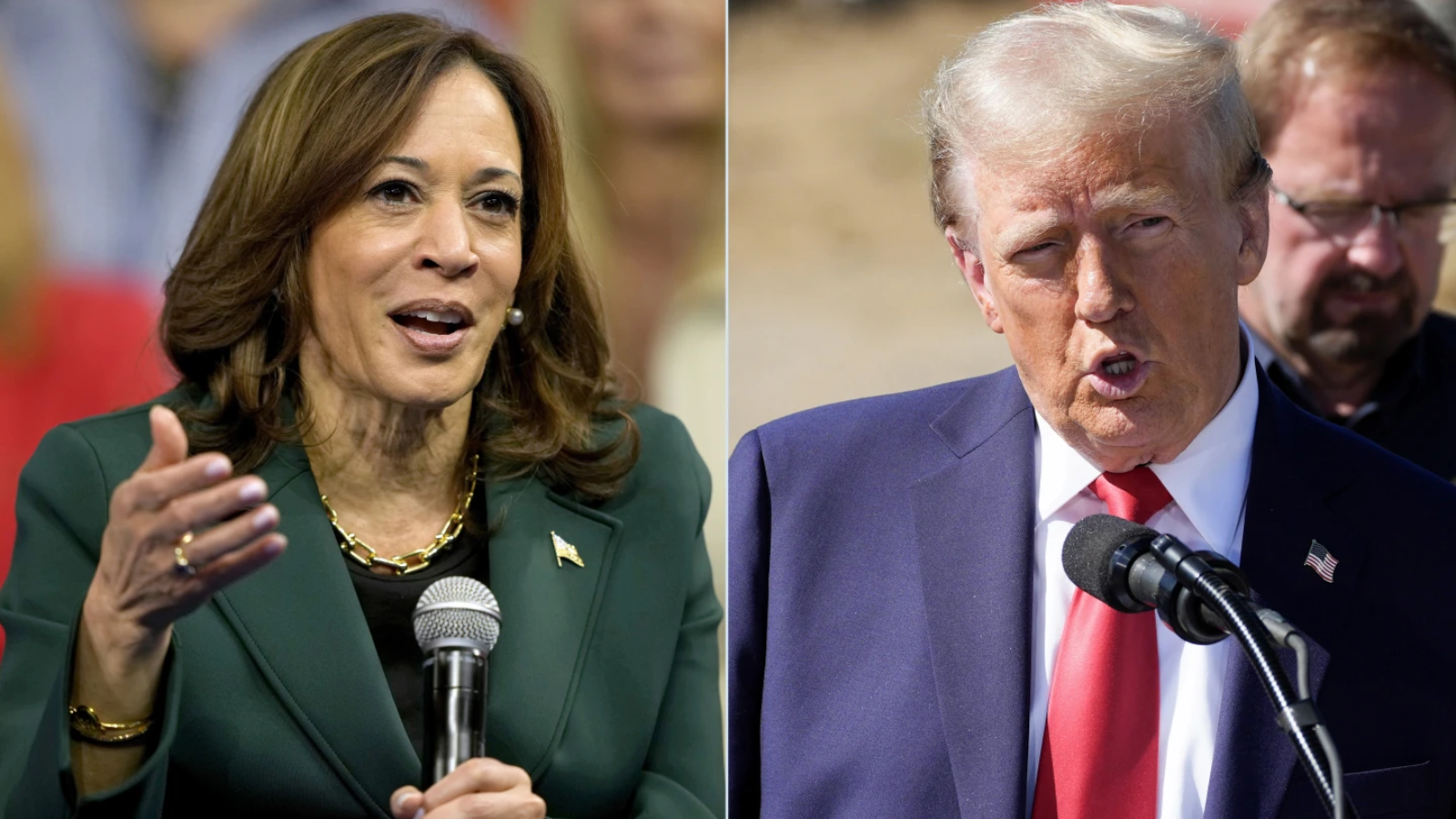Historic Skepticism of US Leadership
As the US election approaches, many Palestinians express skepticism toward both former President Donald Trump and incumbent Vice President Kamala Harris, reflecting historic distrust over American leadership on Middle East issues. This skepticism lies in the perception that American policies have always been lopsided in favor of Israel, often at the expense of Palestinian rights and sovereignty. The election has only increased the anxiety about whether either of the possible administrations would represent Palestinian interests in peace processes or human rights issues.
Trump’s Legacy in the Middle East
During his presidency, Trump pursued a set of policies that further exacerbated Palestinian grievances. His administration officially declared Jerusalem as Israel’s capital and moved the US embassy there. The action was widely condemned by Palestinians and much of the international community. The Trump administration also enabled the Abraham Accords, that is, a set of arrangements between Israel and several Arab states with no Palestinian involvement, which are seen as almost wholly sidelining Palestinian issues. Trump’s heavy pro-Israel approach instilled long-term fears, which may unfold if he wins a second term.
Harris and the Democratic Party
While attempting to reinstate a small measure of financial support for the Palestinians and furthering the goal of a two-state solution, the Biden administration is similarly tentative. Vice President Kamala Harris, who previously met with the ADL while loudly championing Israel in her Senate career, did not reassure those who thought she might have a somewhat different position from her predecessors. Whereas the Biden-Harris administration has attempted to position itself as a balanced middle power, Palestinians still need to decide whether it will boldly stand out to challenge Israeli settlement policies or human rights practices about Palestinians. I am calling on Palestinians for an unbiased US policy.
This skepticism towards both Trump and Harris is part of a more widespread sentiment among Palestinians to want a less partisan United States role in facilitating peace. Many Palestinian leaders have asked for American policies that account for the on-the-ground realities, including settlement expansion, movement restrictions, and displacement. Palestinian advocacy groups leading up to the election emphasize that any serious candidate must recognize Palestinian rights as a necessary aspect of a meaningful peace process.
Uncertain Future Amid Rising Tensions
As the elections in the US draw near, Palestinians are stuck with an uncertain future: they cannot tell whether the election outcome will influence their dream of statehood and self-determination. While many may cry out for change, a question lingers in most people’s minds: is either administration going to shift away from the traditional stand that America has taken on its stance towards Israel? In the meantime, the hope of the Palestinians is pinned on the possibility that perhaps US policies could help bring peace and justice to the region.















